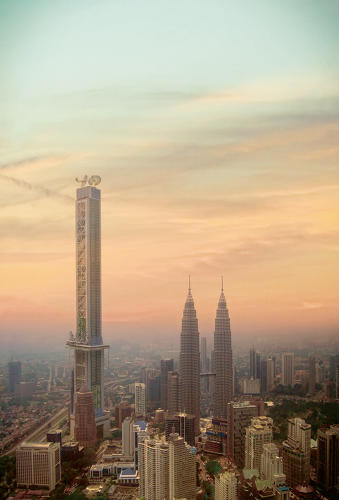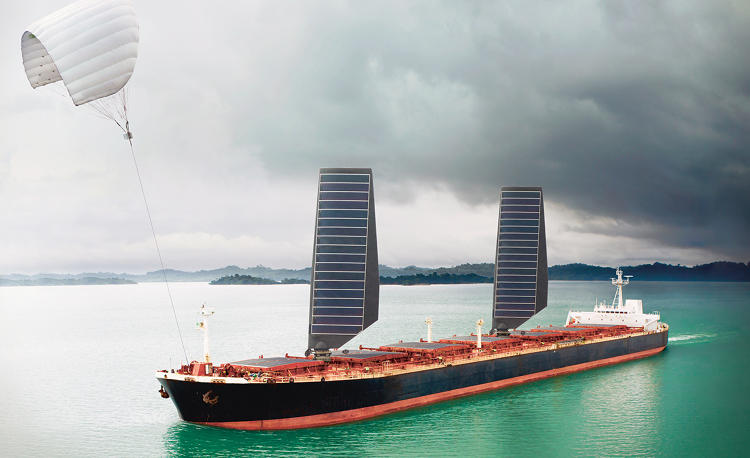Photoshopping The Future: Take A Look At The World That Awaits Us In 2050
British
environmentalist Jonathan Porritt offers a photo-realistic vision of
life on Earth in the year 2050. (Spoiler alert: the future does not
exactly go smoothly.)

"The underlying philosophy for this book is simple," Porritt tells Co.Create. "I've been trying to do sustainable advocacy for four decades. Even when I'm lucky enough to make a hit with something intellectually, lots of people tell me, 'That's really interesting Jonathan but I still can't see what a sustainable world looks like.' I realized I can't do words any longer because words alone won't cut it. I've got to do words plus visuals."
The World We Made looks back, 37 years from now, on a fitful cavalcade of catastrophes and breakthroughs as seen through the eyes of fictitious professor Alex McHale. He describes how famine, cyber-terrorism, and riots gradually convinced politicians, entrepreneurs, and technologists to innovate their way toward a self-sustaining planet.
While the graphics illustrating Porritt's speculative history share a utopian aesthetic, each visualization finds firm footing in technologies that already exist. "We didn't want to tell a science-fiction story," says Porritt. "It has to look real to people but it also has to look powerful and compelling. The key word for me is aspirational, as in, 'Yeah, 'That looks good. I'd like to live there.'"

Check out The World We Made in the slides above for postcards from the future featuring wave-powered generators, solar sailboats, and lushly forested deserts.






source:www.forumofthefuture.org
No comments:
Post a Comment